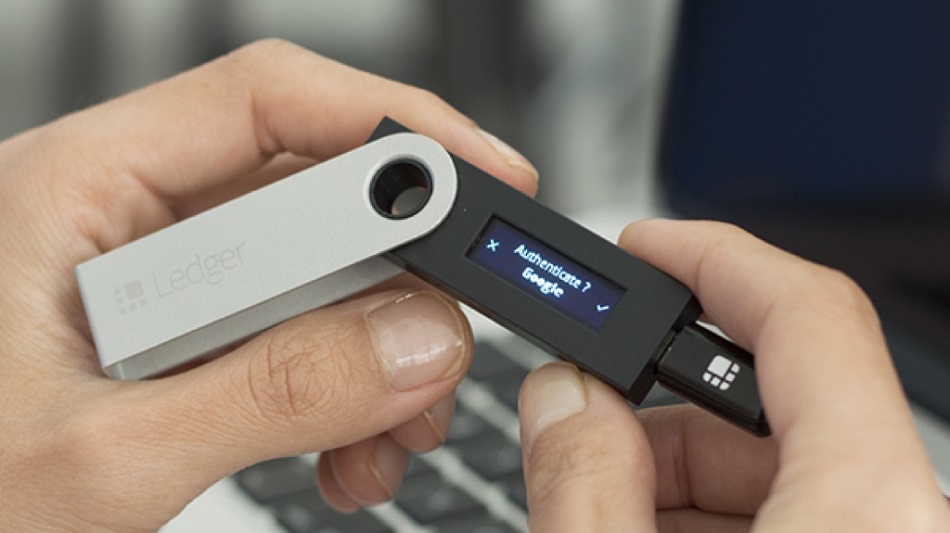In December, UK-based crypto exchange, DSX listed XRP on its trading platform even though the business has existed since 2014 with support for other coins.
Coinfomania reached out to DSX to find out more about their operations, what they consider before listing a coin, and how the exchange is riding the regulatory wave which recently hit the cryptocurrency industry.
DSX CEO, Mike Rymanov offered the insights we sought for, and here’s the breakdown of our conversation with him.
How Was DSX Started?
DSX was started in 2014 as a spin-off of ePayments, an electronic money company that DSX CEO Mike Rymanov leads.
When the idea of running an exchange was conceived a year earlier, the idea was to use the company’s existing experience gained from building a regulated electronic money business and applying it to cryptocurrency.
“Bitcoin was on our radar for some time, but we thought that it really lacked some of the regulatory oversights that currently exist in the e-money space.”
Mike explained that the became a driver and reason for “establishing the platform that applied things customer knowledge and AML practices to cryptocurrencies.”
At launch, DSX e went live leveraging the partnership from ePayments and offered clients exposure to cryptocurrency.
Personally, Mike told us he learned about Bitcoin 2011, even though it didn’t capture his attention until other big exchanges came on to the scene, and there was a ‘tremendous potential’ for a market.
– How Does the Exchange Remain Regulatory Compliant?
Being an offshoot of an e-money regulated business, DSX conducts due diligence when it onboard customers by verifying through documents their identity whether they are retail or institutions.
The exchange also conducts regular sanction lists screening to ensure that customers living in sanctioned countries or who are wanted in certain do not use the platform.
We also must “apply a risk-based approach. We need to look at our customer base, try to understand the various typologies and the risks that exist, and to understand the behavior of these customers.
There is also a risk-scoring approach whereby customers are classified as low risk, medium and high-risk customers. Depending on these classifications, customers would regularly be contacted to provide updated KYC information.
– What Does DSX Consider Before Listing Coins?
After adding XRP to the platform, Mike noted that adding new tokens to the platform is quite conservative primarily because of their banking relationships.
For instance, he noted that banks are shy to support exchanges that work with privacy-oriented coins because these cryptocurrencies make it difficult to comply with AML regulations.
Since the UK government classifies cryptocurrencies into exchange tokens, security tokens, and stablecoins, DSX also considers whether the coin represents a security or not and whether the exchange has the necessary approvals to offer trading service for the cryptocurrency.
Finally, the exchange examines consumer demand for the cryptocurrency considered for listing and then draws the right conclusions.
– What are the Major Areas that looking to launch a crypto-related venture should consider?
Beyond hiring the right team and defining their objectives and void that they’re trying to fill in the crypto space, Mike cited compliance as a vital area to consider if anyone wants to build a sustainable business.
He explained for instance that the Fifth Anti-Money Laundering Directive (AMLD5) law which was recently transposed into the UK for some crypto-related business is one that startups must abide by to remain in operation.
Startups need to have “a sober attitude toward compliance, build platforms, build policies and have controls in place that will enable them to leverage this unique technology and build a business that is sustainable in the future and that will enable crypto to flourish and capture the mass adoption that is yet to happen.
– What Do You Find Intriguing about Bitcoin and the Underlying Technology?
The technology is unbelievable and fascinating. Before this technology was conceived, noting as that existed.
“At the moment when you look at your bank account, you’re not actually looking at money. You’re looking at the liability that the bank has to you. The quality of liability depends on who the bank is, depending on the quality of the bank and the trust you have on those running the bank.”
He went on … “When Bitcoin appeared, all these concepts flew out of the window, you have to trust the technology. That is what made it super fascinating and the technology is doing the trick!”
– How Much Could Bitcoin be Worth in the Coming Years?
Mike Rymanov did not provide a definite price prediction for Bitcoin but left it to chance to decide how valuable the cryptocurrency becomes when it finally reaches the level of mass adoption.
“I can’t make predictions. We [only] want Bitcoin and other cryptocurrencies to move closer to mass adoption,” Mike said on the subject.
- Crypto Price Update July 24: BTC Maintains $66K, ETH at $3.4K, XRP, TON, and ADA Rallies
- Bitcoin Falls to $65K as Mt. Gox Transfers $2.8 Billion BTC to External Wallet
- News of Marathon Digital’s $138 Million Fine for Breach of Non-Disclosure Agreement Triggers a Bearish 2.5% of Its MARA Stock
- Are $530M Bitcoin ETF Inflows a Blessing or Caution?
- Metaplanet Teams with Hoseki for Real-Time Bitcoin Holdings Verification
- Building Secure Blockchain Systems: An Exclusive Interview with ARPA and Bella Protocol CEO Felix Xu
- Building The “De-Facto Crypto Trading Terminal”: An Exclusive Interview with Aurox CEO Giorgi Khazaradze
- Building a New Global Financial System: An Exclusive Interview With Tyler Wallace, Analytics Head at TrustToken
- “Solana is the Promised Land for Blockchain” — An Exclusive Interview with Solend Founder Rooter
- El Salvador: Where The Bitcoin Revolution Begins With A Legal Tender

 Why Trust Us
Why Trust Us







